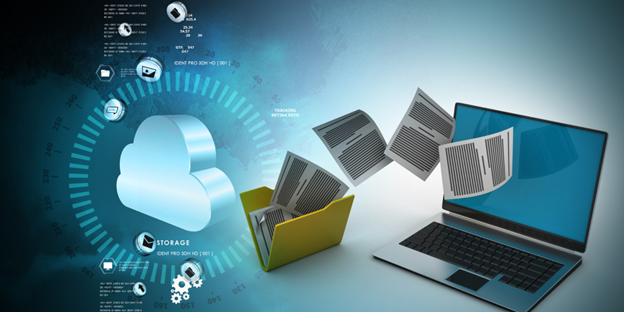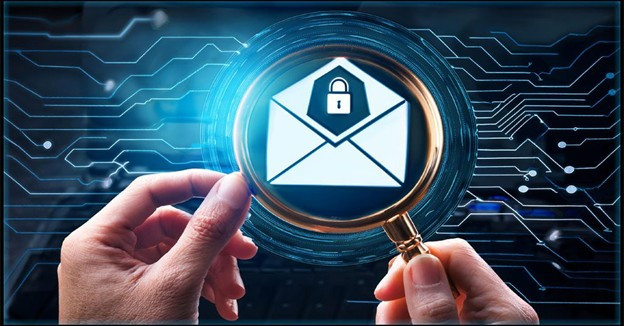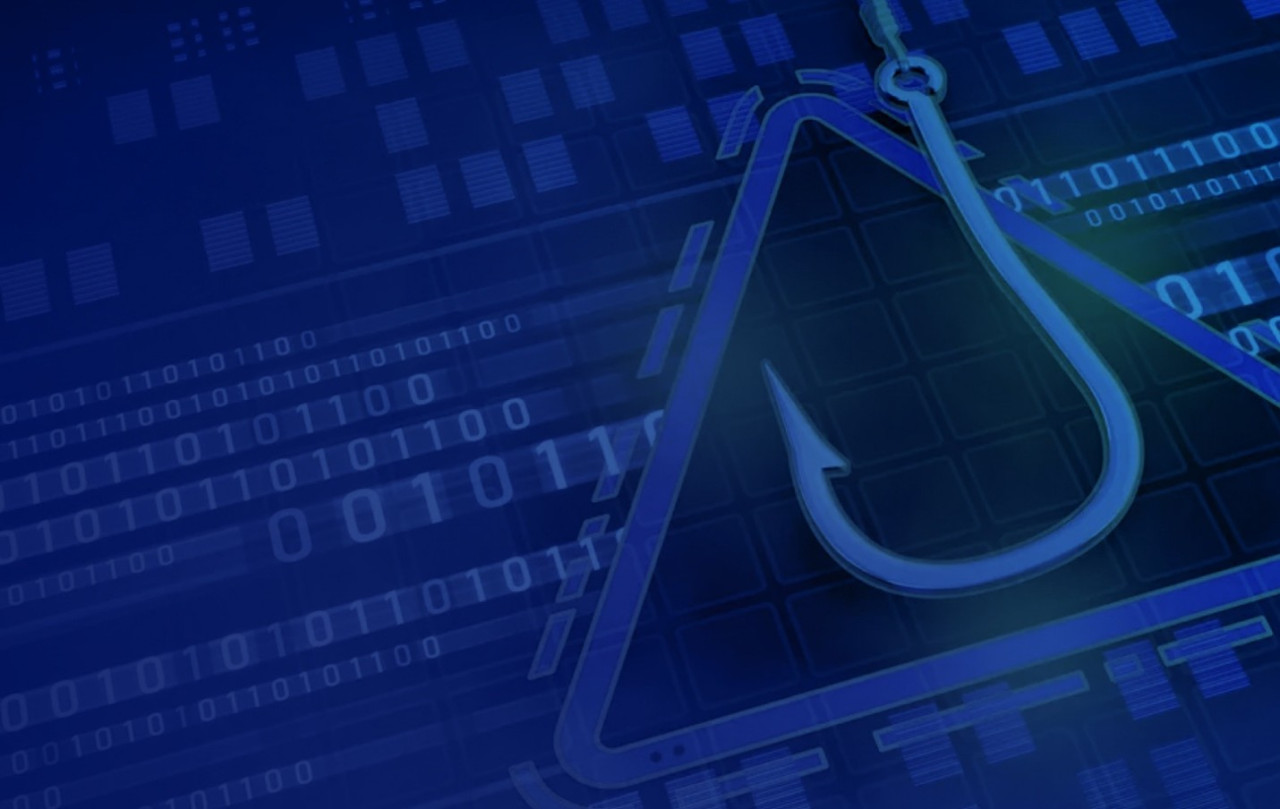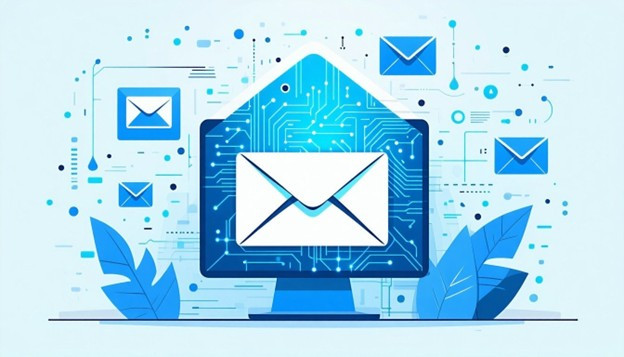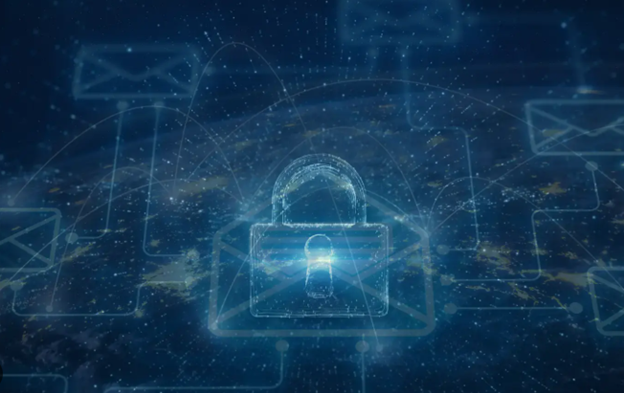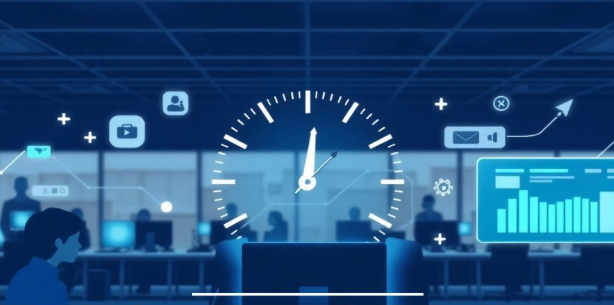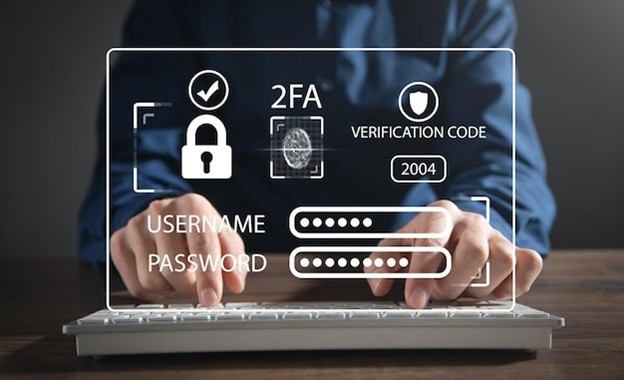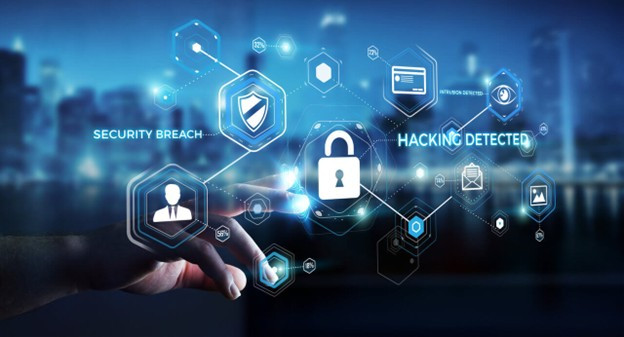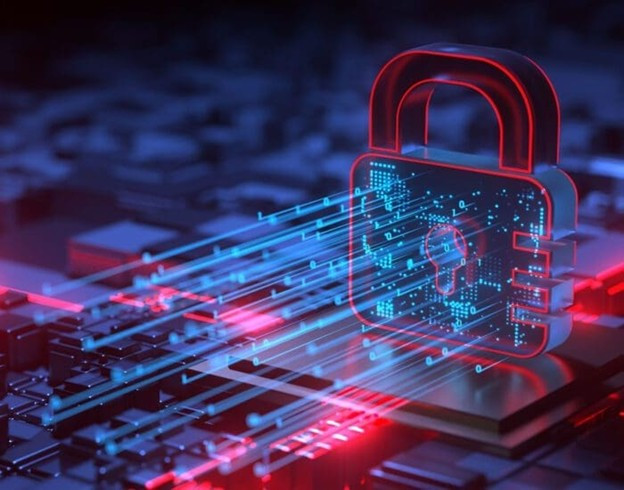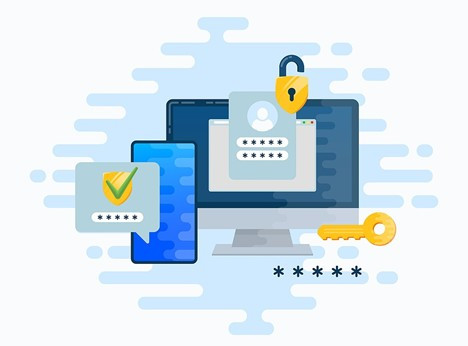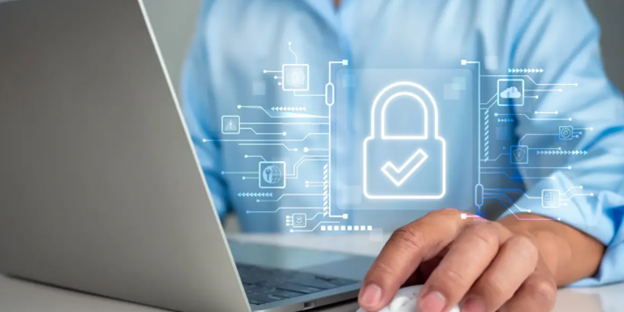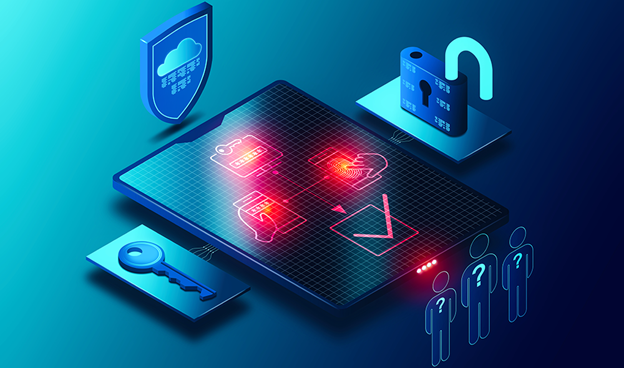InTegriLogic Blog
Understanding the Real Cost of Data Loss
Data is at the core of modern business operations. Customer records, financial data, emails, and operational files all support daily decision-making. When that data is lost due to hardware failure, ransomware, human error, or natural disaster, the impact can extend far beyond inconvenience.
Understanding the Human Factor
Many email security breaches occur not because of weak systems but because employees fall victim to phishing, malware, or social engineering attacks. Human error remains the most common entry point for cyber threats. Building a culture of email security awareness starts with educating staff on how to identify and respond to suspicious messages.
Why Email Filtering Matters
Every day, businesses face hundreds, sometimes thousands, of emails. Many of these contain phishing attempts, malware, or spam that can compromise sensitive data. Email filtering acts as a first line of defense, keeping dangerous messages out of your employees’ inboxes before they can cause harm.
Email Is Not Just a Message Platform
Many organizations still view email as a simple communication tool. In reality, email accounts serve as gateways to cloud systems, file storage, financial platforms, and internal applications. When attackers compromise an email account, they often gain access far beyond the inbox.
This makes email one of the most valuable targets in modern cyberattacks. Businesses need strong IT Support and guidance from a Managed Service Provider to keep these accounts protected.
Why Email Remains the Most Exploited Entry Point
Despite advances in cybersecurity tools, email continues to be the easiest way for cybercriminals to reach employees directly. Firewalls protect networks and antivirus software blocks many malicious files. But a single convincing email can bypass technical defenses by targeting human behavior instead of systems. That is why phishing and social engineering remain the top drivers of successful cyber incidents.
For businesses without dedicated security teams, recognizing and stopping these threats can be challenging. This is where a Managed Service Provider offering proactive IT Support becomes essential.
IT challenges can be stressful and expensive for businesses of all sizes. From unexpected outages to software updates and cybersecurity concerns, managing IT in-house often demands significant time and resources. Partnering with a Managed Service Provider (MSP) simplifies support and can deliver measurable cost savings.
Managing IT internally can be complex and time-consuming. Many businesses face challenges in maintaining infrastructure, resolving technical issues quickly, and keeping systems secure. Partnering with a Managed Service Provider (MSP) simplifies these processes, allowing teams to focus on core business objectives while leaving IT management to experts.
In today’s business environment, every minute of IT downtime can cost companies significantly in lost productivity, missed deadlines, and frustrated employees. Partnering with a Managed Service Provider (MSP) that prioritizes proactive IT support ensures that potential issues are addressed before they disrupt operations.
In an era where every minute of downtime can impact productivity and revenue, Managed Service Providers are turning to helpdesk automation to ensure faster, more reliable IT support. Automating routine processes allows businesses to provide immediate assistance while optimizing IT team resources.
This post dives into how automation improves response times and strengthens overall IT support services.
In today’s business environment, technology is no longer a background tool. It is the foundation of operations, communication, and security. Yet many organizations still rely on a reactive approach to IT Support, addressing issues only after systems break. A Managed Service Provider offers a different path: proactive IT Support designed to anticipate issues before they disrupt your business.
Every business wants to save time, reduce costs, and avoid unnecessary stress — but cybersecurity threats can make that challenging. One data breach or compromised login can throw your entire operation into chaos.
That’s why Multi-Factor Authentication (MFA) has become a must-have for modern businesses. It’s not just about security — it’s about saving your business from lost productivity, expensive recovery costs, and countless IT headaches.
Cybersecurity doesn’t stop at your desk.
Today’s workforce uses multiple devices — desktops, laptops, tablets, and smartphones — often switching between them throughout the day. While that flexibility keeps business moving, it also expands your attack surface.
That’s why Multi-Factor Authentication (MFA) shouldn’t just be turned on — it should be turned on everywhere.
Cybersecurity shouldn’t be complicated — but it does need to be consistent.
That’s where a Multi-Factor Authentication (MFA) policy comes in.
MFA adds an extra layer of protection by requiring users to verify their identity in more than one way — usually a password plus a one-time code or app prompt. But for MFA to be truly effective, it needs to be rolled out with a clear, well-planned policy that fits your business’s structure, workflow, and risk level.
News & Updates
Contact Us
Learn more about what InTegriLogic can do for your business.
InTegriLogic
1931 W Grant Road Suite 310
Tucson, Arizona 85745

